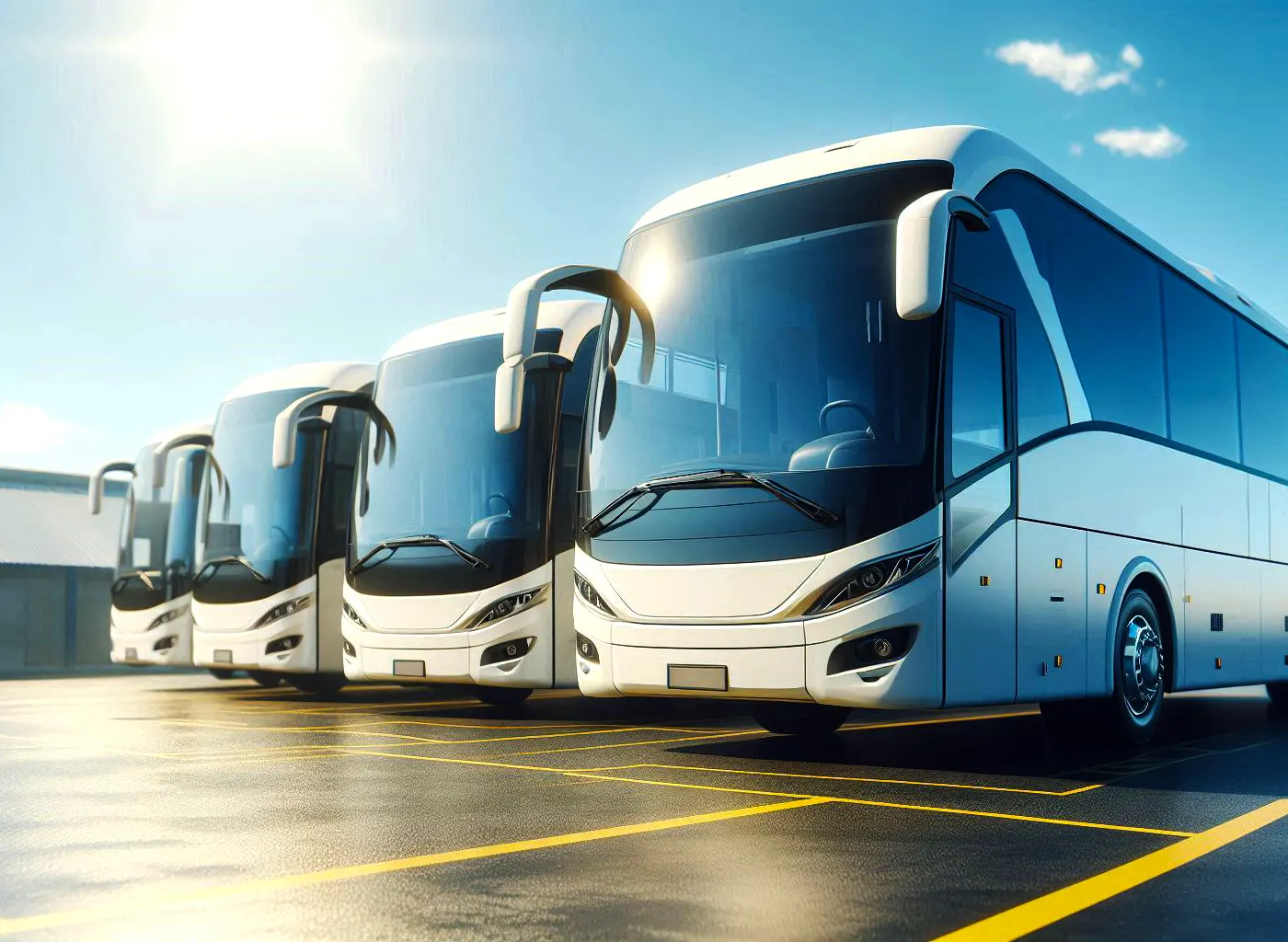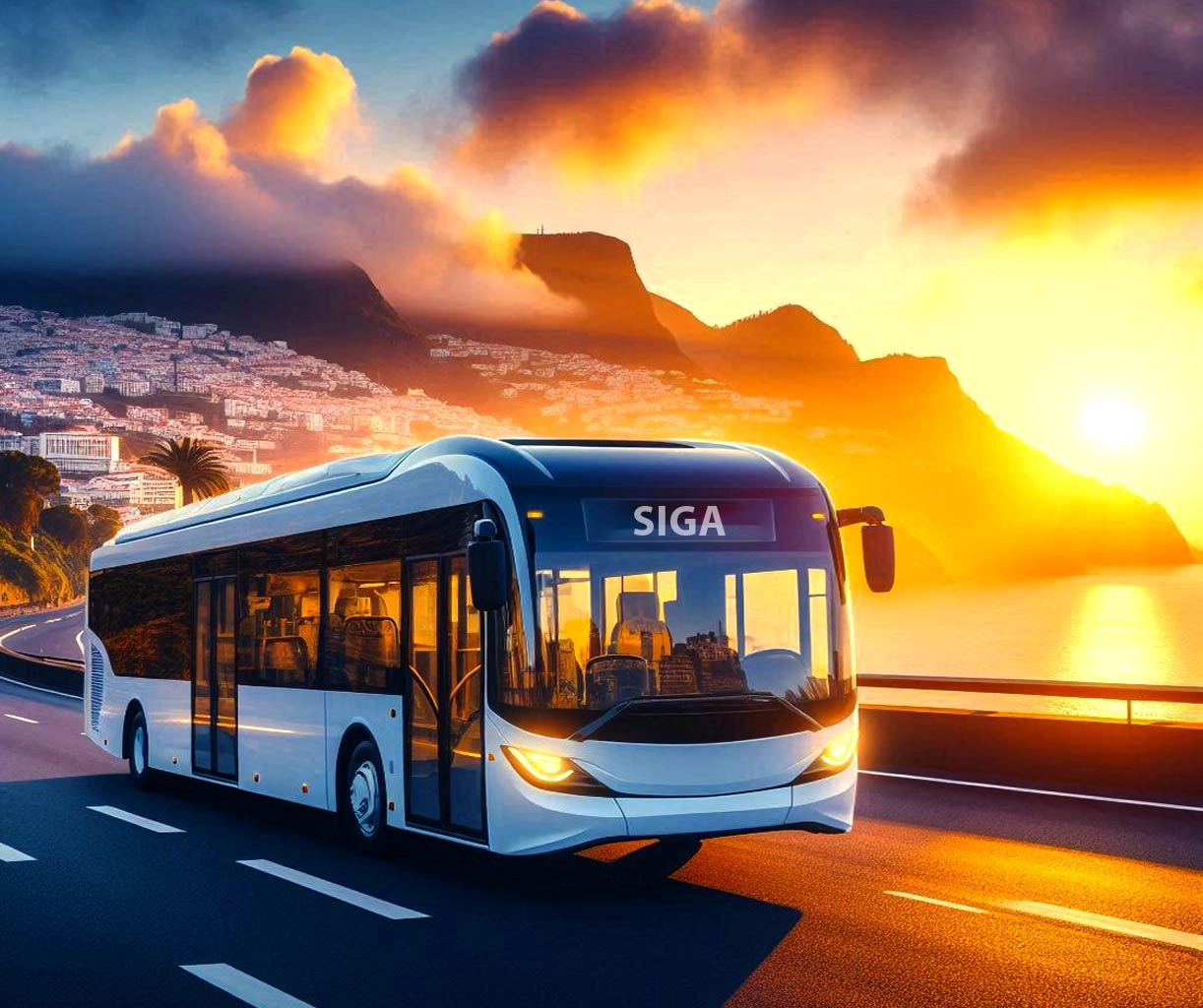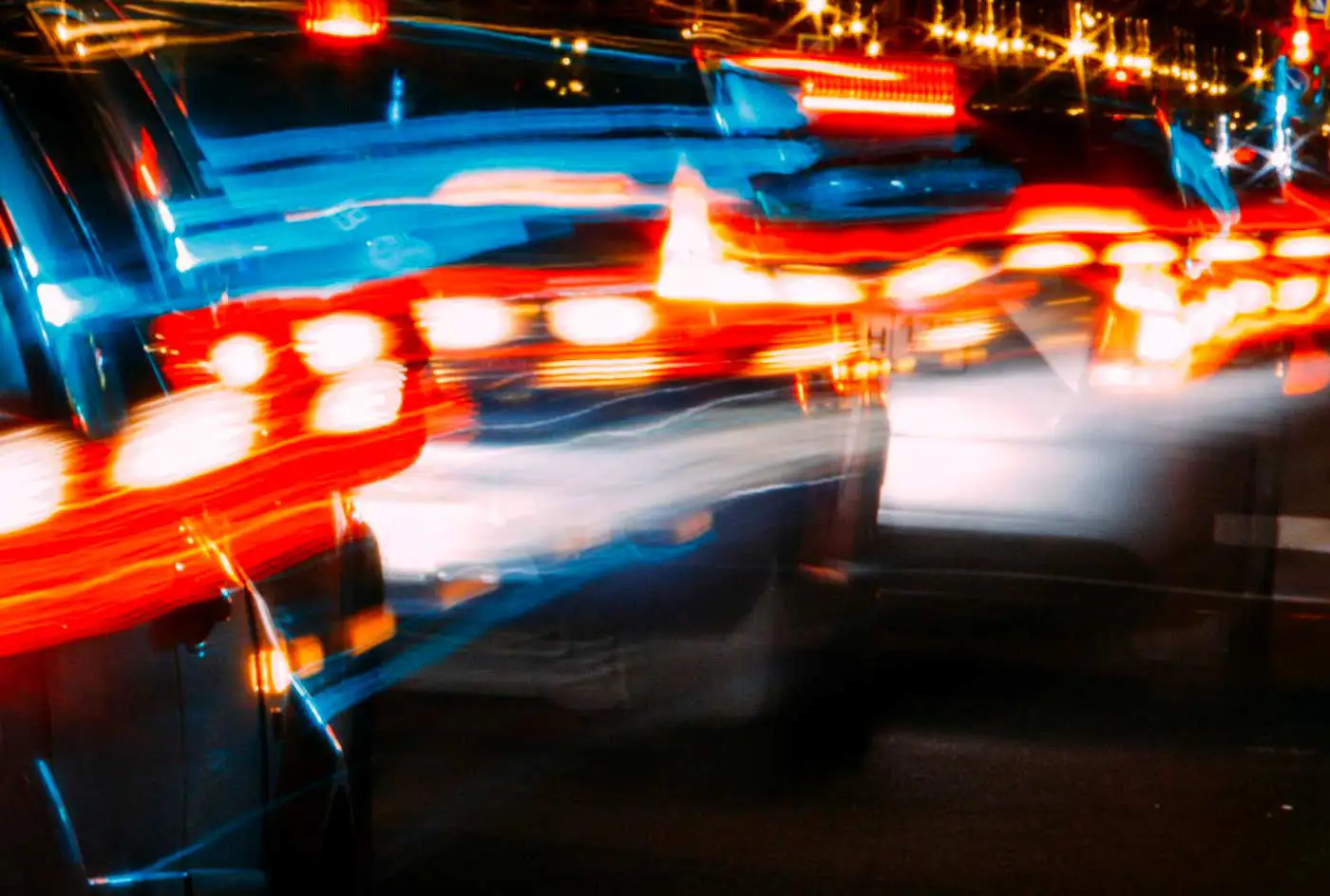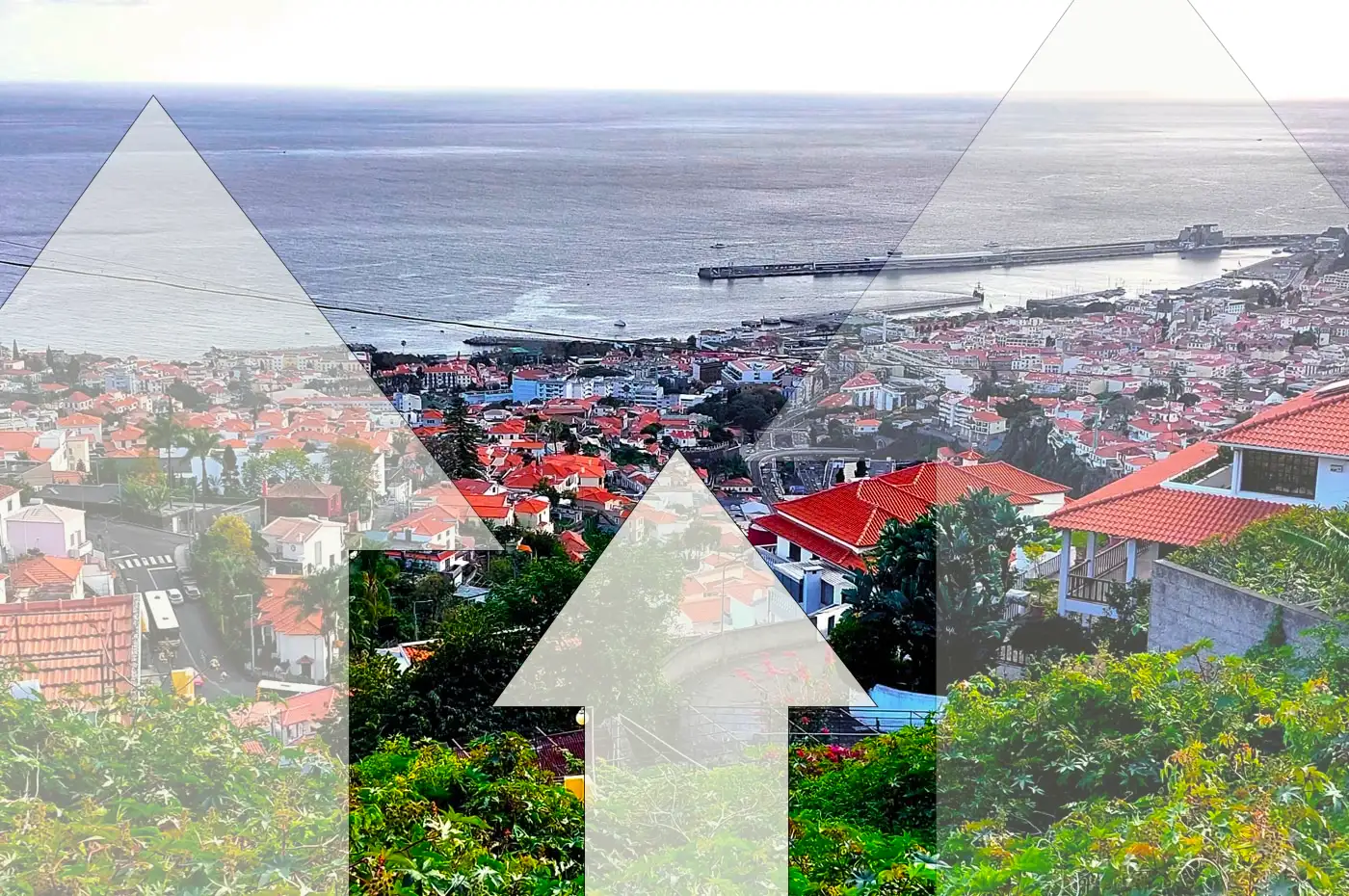Public Transport Identified as the Core Solution to Mobility Issues
Bruno Pereira, Vice-President of the Funchal City Council, addressed the growing concern of increasing traffic congestion during the "Thinking the Future" mobility conference. While dismissing the idea of traffic chaos, Pereira acknowledged the city’s significant mobility challenges, largely driven by a steep rise in vehicle use.
Promoting public transportation is the most important measure that can exist.
Young People Prefer to Rent A Car Than Doing Organized Trips
Since the pandemic, traffic in Funchal has been growing at a rate of about 20% per year, placing immense strain on the city’s infrastructure. Pereira attributed this sharp increase to several factors, including a rise in car rentals by younger tourists who prefer to explore the island independently rather than through organized tours. Unfortunately, traveling the island by public transport is more than a difficult endeavor and not a viable alternative to renting a car.

Ultimate Guide to Public Transportation in Madeira
Thinking of exploring Madeira without the hassle of renting a car? Here is your ultimate guide to public transportation in Madeira!

SIGA: The New Era of Public Transportation in Madeira?
SIGA revolutionizes Madeira's transport with a new bus fleet, integrated network, unified ticketing and improved accessibility.
Smart Traffic Systems Implemented to Manage Congestion
To tackle the mounting traffic issues, the municipality has introduced smart city initiatives, such as traffic lights equipped with sensor technology. Currently, 24 of these sensors are installed across Funchal, providing real-time data to support more effective traffic management. These innovations are part of a broader strategy to modernize the city’s infrastructure. Despite these efforts, Pereira acknowledged that traffic management remains a difficult task, with parking availability being a major issue. The rapid increase in the number of vehicles has exacerbated the parking problem, complicating attempts to alleviate congestion.
Officials Acknowledge: Public Transport The Most Impactful Solution
Pereira highlighted that promoting public transportation is the most impactful solution to Funchal’s mobility challenges. "There can be no mobility policy without prioritizing public transport," he stated. The city has been investing in what Pereira described as the "second generation of urban transport," a modernization effort that he believes will be revolutionary, even if its benefits are not yet fully visible.
Encouraging Residents to Take Advantage of Public Transport as a Strategy
Encouraging residents to use public transport instead of private vehicles is central to this strategy. Pereira insisted that there is "no valid reason" for people to avoid public transport, emphasizing its importance in reducing traffic and enhancing the city’s quality of life. What he does not mention is that despite the efforts and a an incredible strong 25% increase in passenger numbers: public transport already can not handle the influx of new users.
Tourism and Its Role in Rising Traffic Levels
The spike in traffic is also linked to evolving tourism trends. Pereira noted that younger visitors are increasingly choosing rental cars over group tours, adding to the number of vehicles on the roads. This trend impacts not only Funchal but the entire island of Madeira. As Funchal faces these challenges, city officials are hopeful that investments in smart infrastructure and public transportation will lead to a more sustainable and efficient mobility system.
Source: Diário de Notícias da Madeira








Comments